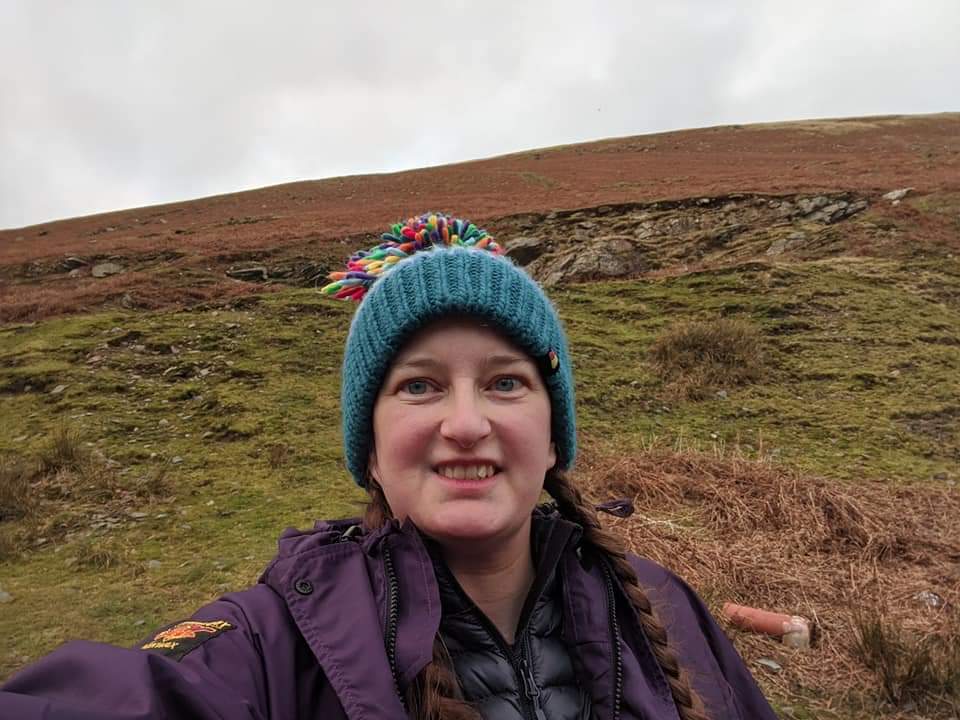Claire Brown, Chair of Trustees at Poverty Truth Network (PTN) shares her personal journey, deep understanding of poverty, and how PTN’s unique approach to relationship-building is transforming lives. From her first involvement in the Gateshead Poverty Truth Commission (PTC) to her current role as Chair, she reflects on the power of dialogue, empathy, and shared stories.
“I’m originally from Wallasey in the northwest, at 19 I moved to Leicester for University where I met my husband, Adam. We moved to the northeast in 2007 to live with Adam’s parents when we couldn’t afford to pay rent. We sold almost everything and lived with them until we found our feet again, but my understanding of poverty and social justice really deepened after my son John was born. His birth complications set us on a long, hard battle – mentally, physically, and financially. But it wasn’t just our personal experience that shaped my views. Twenty years ago, I met a family struggling in a council house unsuitable for their disabled son. Two decades later, I found myself in a similar situation, facing the same challenges. The realisation that so little had changed for families like ours was a turning point. I’ve since met countless families who feel trapped in a system that not only fails them but often makes their struggles worse. This motivated me to take action and get involved in meaningful change.
“I was introduced to PTN by my friend Tracey, who invited Adam and me to share our story at the Gateshead Poverty Truth Commission. We became community commissioners, and from there, I was asked to become a trustee. I’ll admit, I initially felt unqualified, but the support I received from the team was fantastic. Last year, I was elected Chair when Shirley stepped down. What drew me to PTN was its commitment to placing those with lived experience at the heart of decision-making – something I knew firsthand was vital for real change.
“My role is to ensure PTN stays true to its purpose – keeping the voices of those with lived experience at the forefront of everything we do. What sets PTN apart is our focus on relationships. We take the time to build trust, to truly understand where each person is coming from before we start addressing the issues. That approach is different from many organisations, and it’s incredibly effective. The impact of this slow, steady relationship-building can be seen in the long-lasting positive changes within the communities we work with.
“The moments that stand out for me are the stories people share about how the Poverty Truth Commissions have changed their lives. I remember at one event, during a shared meal, someone told a friend that they had shared their story with another person 10 years later – and that story helped change another life. It showed me just how far-reaching the impact of PTN’s work can be.
“We do face some challenges as an organisation, funding is one of them, as it is for many charities, but we operate on a strict budget and are mindful of how we spend resources. Another challenge is the way we work – it’s different from many other organisations. Relationship-building and slow-cooking activism takes time, and it’s sometimes met with scepticism. But with 27 Commissions under our belt, we’ve proven that this method works.
“I hope the network continues to grow and that the Poverty Truth way of working is adopted more widely, particularly in areas like social care and the NHS. I’m also excited about our “politics alongside” programme, where those with lived experience have a voice in political discussions. It could really change how politics is done in this country which is very exciting. I am also really enjoying being part of the work alongside Carnegie UK on life in the UK and the Wellbeing economy, it has been a pleasure to be part of the journey, and I look forward to seeing where it goes.
“My desire for a better health and social care system keeps me motivated. The people I’ve met and the friendships I’ve made through PTN inspire me to keep going. I’ve heard too many stories that could have had entirely different outcomes if someone had just listened or kept their promises. I don’t want to be hearing the same stories 10 years from now. I want to hear stories of a system that supports people and helps them thrive.
That’s what keeps me going.”
